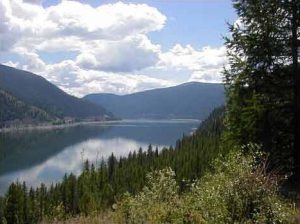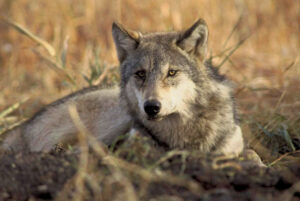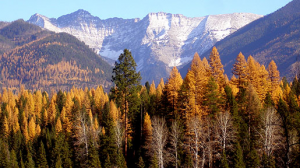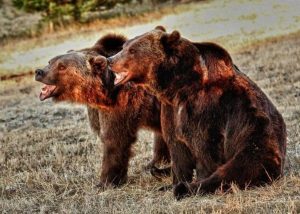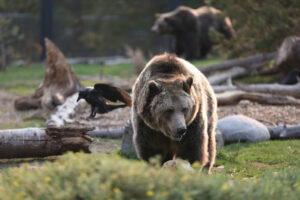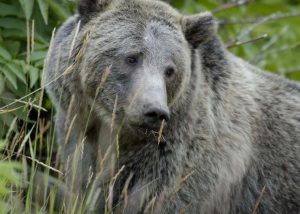NFPA board member Roger Sullivan was involved in this case . . .
The Montana Supreme Court has halted an expansion of a Westmoreland-operated mine that supplies the Colstrip power plant with coal. The court’s decision vacated an 8-year-old permit that allowed Westmoreland to pull 12 million tons of coal from the Rosebud Mine located in southeastern Montana.
The environmental concern at issue related to water quality impacts to the East Fork of Armells Creek, an intermittent stream that flows into the Yellowstone River. The Montana Environmental Information Center and the Sierra Club argued that allowing strip-mining operations in AM4, a 49-acre parcel in Area B of the mine, would result in material damage to the waterway by increasing the creek’s salinity to the detriment of one of its established beneficial uses: the support of aquatic life.
The order, authored by Chief Justice Mike McGrath and signed by the court’s six other justices, largely affirmed a lower court’s ruling. It nullifies the AM4 permit, disallowing mining in that area. Prior to arriving at the Montana Supreme Court, DEQ’s decision in 2015 to approve the expansion had been weighed by the Board of Environmental Review (a quasi-judicial, governor-appointed body) and the Sixteenth Judicial District Court.
(A tip of the hat to Debo Powers for spotting this one.)
